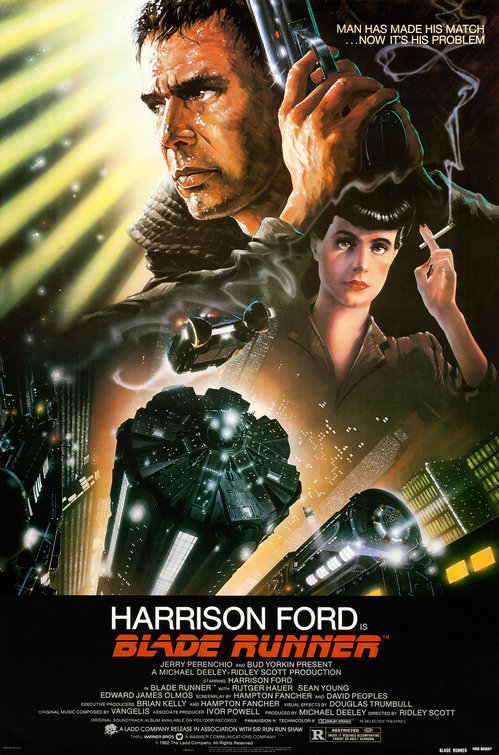Serenity always got me because it's very old fashioned. It's a western in space, even more so like Star Trek or Star Wars. Sometimes they're even literally rounding up cattle. The plotline is flawless, they are constantly plagued by the Alliance government as well as the ultimate evil: the reavers who will basically rape you and sew your flesh into their skin. So literally they are fighting for life and death. These conflicts, not to mention the mini conflicts along the way like dealing with River and their jobs going awry, are what the crew of Serenity face.
As a watcher of the tv show as well as the movie, I'd have to say it's very fast paced, it's got lots of action and hyper intense situations. At the same time, the humor of the show tones it down and makes it bearable.
I think the best part of Serenity is the characters. Everyone is so unique and has their own job. Mal is the headstrong leader, Zoe is his righthand woman, Wash is the pilot of the ship, Simon is the doctor, River is the psychic, Inara is the Companion, Jayne is weaponry, Kaylee is the mechanic, and Shepherd is the preacher. But at the same time they are so much more than that. Mal is blunt logic, Zoe always asserts her own opinion, Wash is usually the voice of the ship, Simon's life is dedicated to River, River has mental problems as well as awesome fighting powers, Inara stands up to Mal's ridiculousness, Jayne is smarter than her appears, Kaylee is a wiz with the ship and is almost always happy, and Shepherd has more to him than he lets on. And the thing is, the story doesn't get muddled down by all these characters. In a way they wouldn't work without one another. They're like one big family.
This movie mostly focuses on River's story which is an interesting change of pace since the show seemed to use her story as a subplot in Firefly. It's finally time for the big cheese, the problem that was never solved. River symbolizes lost innocence, she's a smart girl who has been abused by the government, giving her godlike powers as well as an inability to cope with these powers. River herself is constantly a help and a hurt to the operation. She's always in flux. Sometimes she just rambles gibberish, but other times she genuinely says exactly what's on everyone's mind. This show can get really deep.














